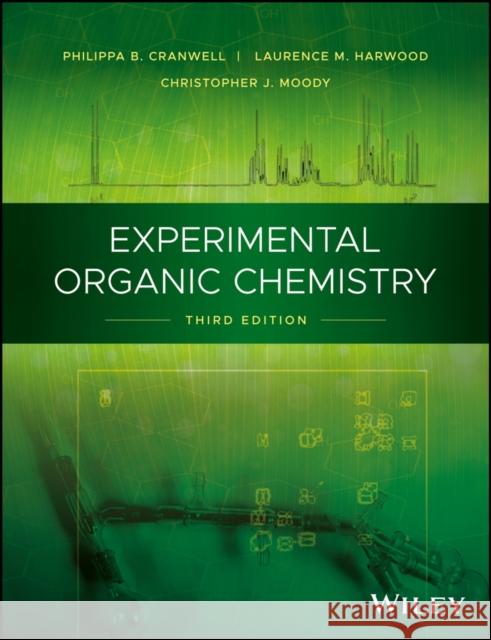Experimental Organic Chemistry » książka
Experimental Organic Chemistry
ISBN-13: 9781119952381 / Angielski / Miękka / 2017 / 688 str.
This established text provides a rigorous account of the principles and practice of experimental organic chemistry, taking students from their first day in the laboratory right through to research work. A microscale approach is integrated into the entire text, alongside conventional manipulations, in line with current laboratory practice. The first half of the book surveys all aspects of safe laboratory practice, the use of a wide range of purification and analytical techniques, particularly spectroscopic analysis. The second half contains easy-to-follow experimental procedures, each designed to illustrate an important reaction type or basic principle of organic chemistry. Tried and tested over the past two decades, these experiments are graded according to their complexity and many of these have microscale equivalents. Of prime importance, all aspects of health and safety in the laboratory are highlighted throughout the text. In this third edition of Experimental Organic Chemistry all sections have been thoroughly updated to reflect new techniques and equipment. The text has a sharper focus on practical skills, procedures and tips and the number of experiments has been increased to over 100 tried and tested procedures. New experiments include transition metal catalysed organometallic reactions, solid-phase peptide coupling, asymmetric synthesis, epoxidation, and microwave-assisted synthesis. Finally there are new sections on databases and information retrieval, electronic notebooks and record keeping, modelling/simulation as a laboratory aid, and modern techniques such as semi-automated chromatography. Experimental Organic Chemistry is an essential laboratory textbook for students of chemistry at all levels, and a handy reference for experienced chemists.
This established text provides a rigorous account of the principles and practice of experimental organic chemistry, taking students from their first day in the laboratory right through to research work. A microscale approach is integrated into the entire text, alongside conventional manipulations, in line with current laboratory practice.











